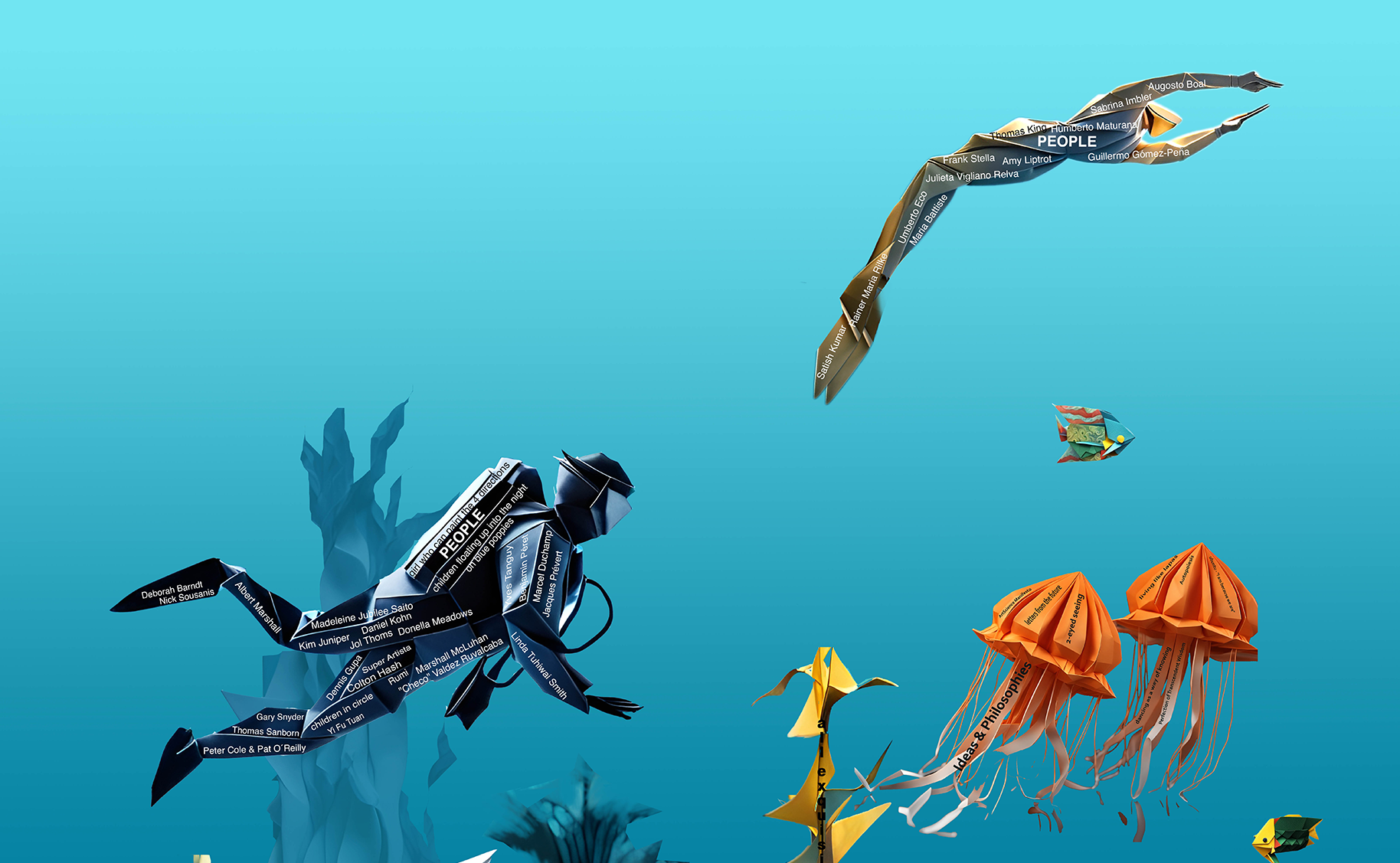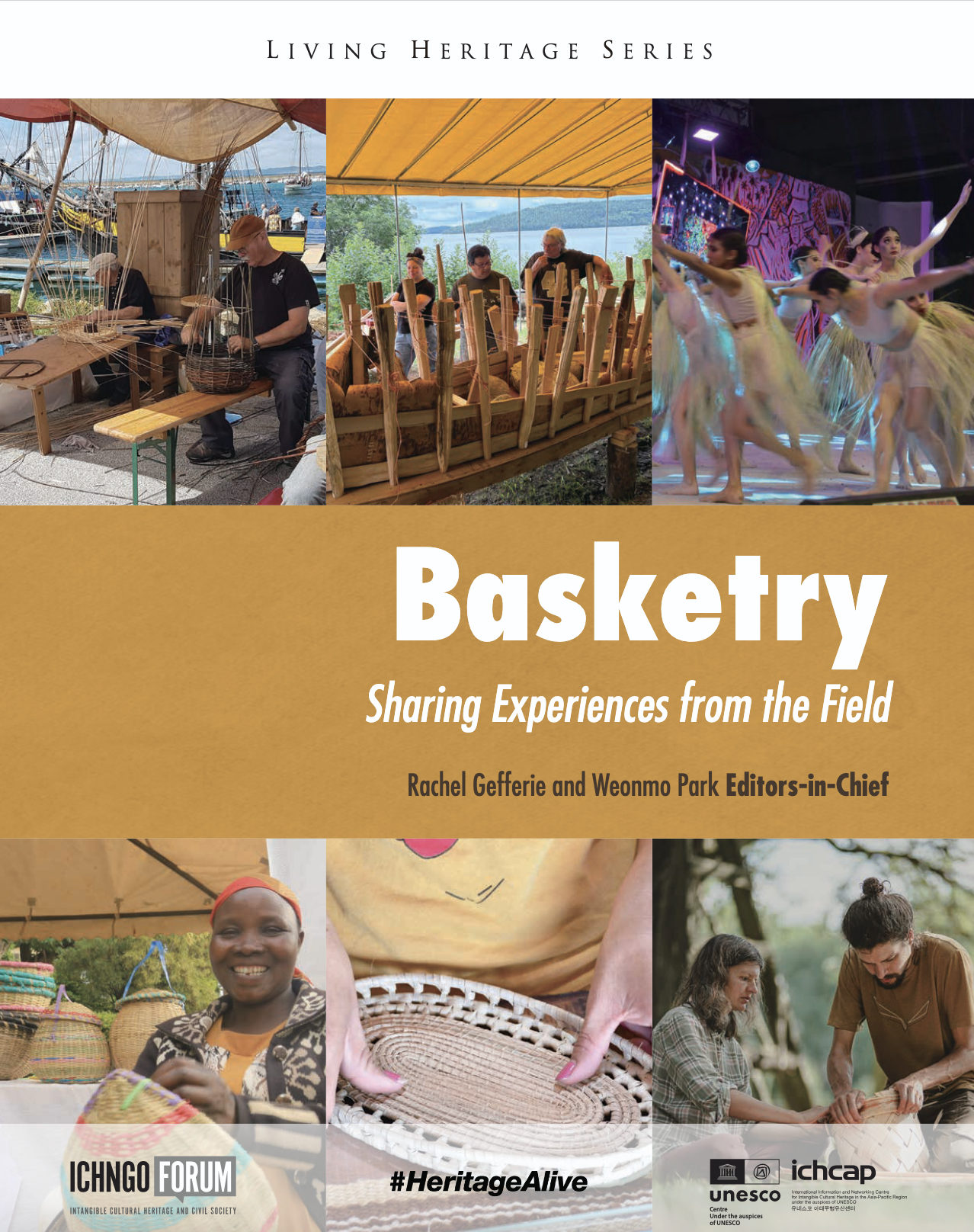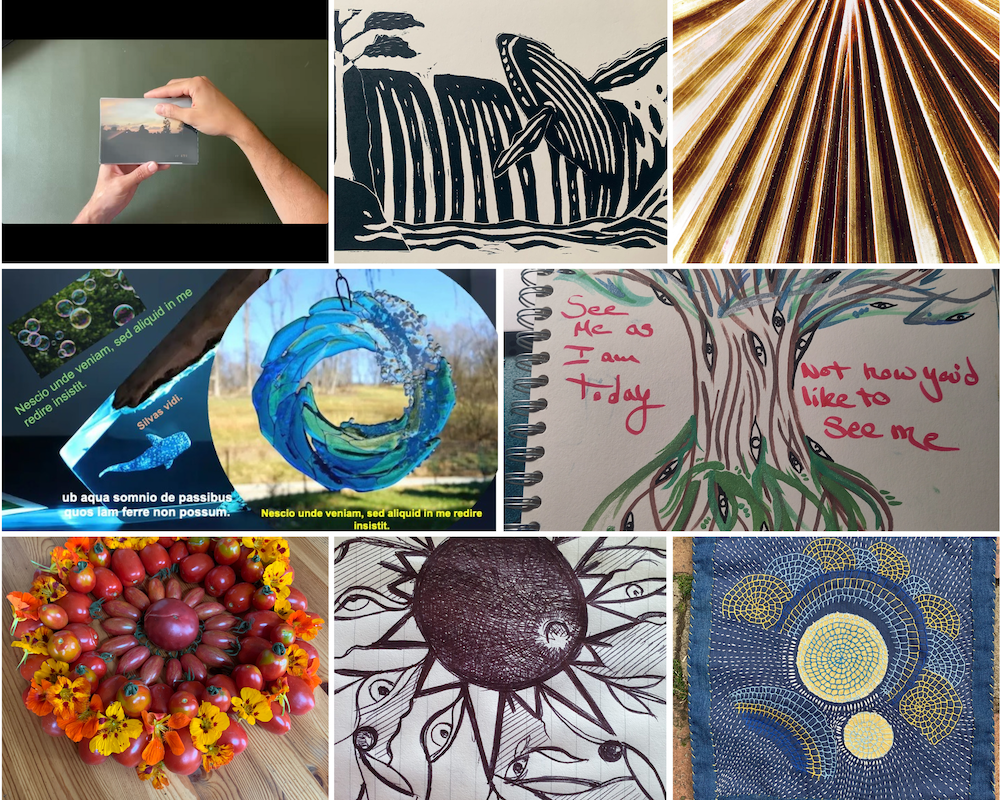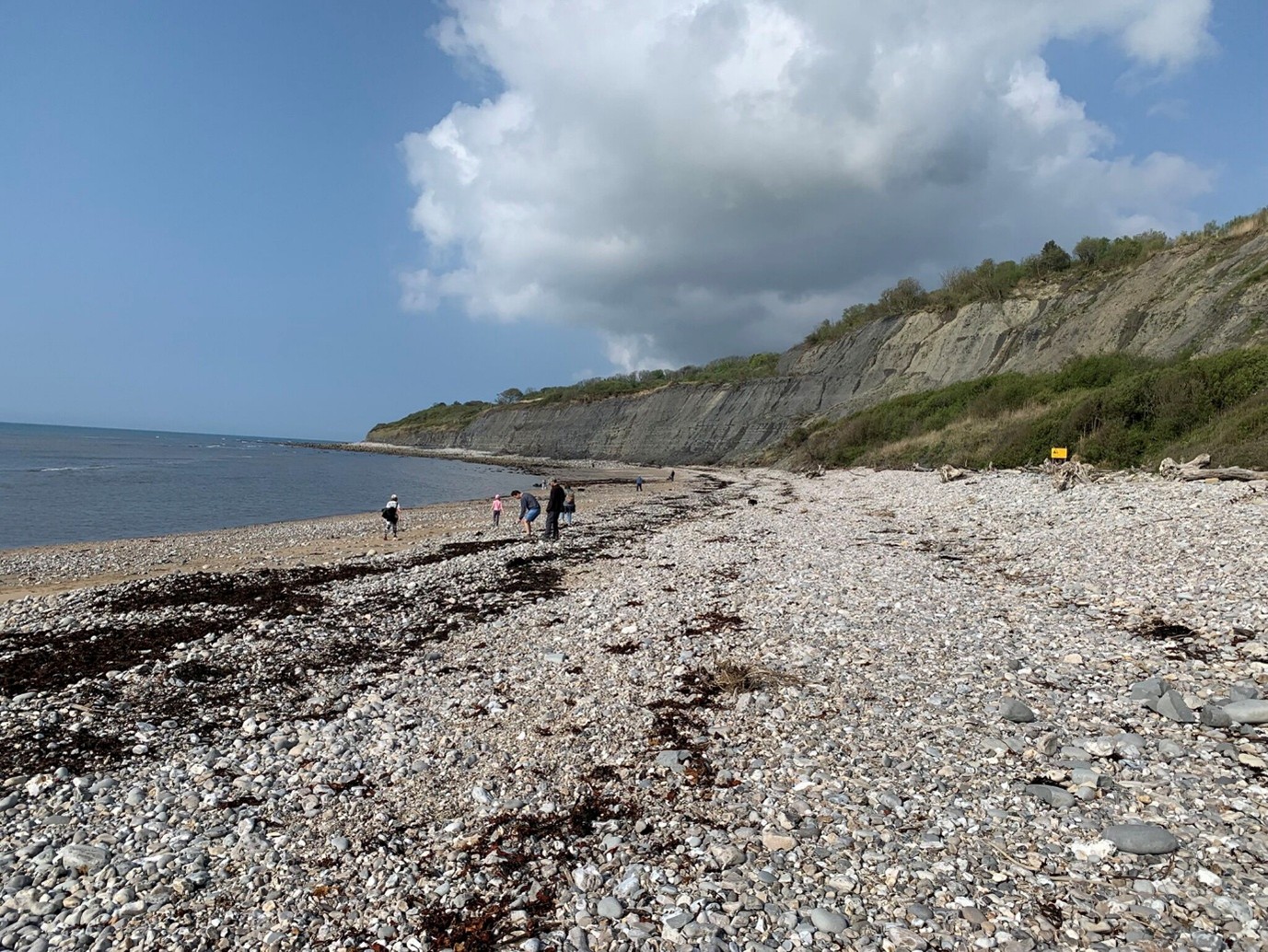We work with communities in addressing complex social-ecological challenges through research, capacity building and creating spaces for dialogue and knowledge exchange.
Contact usLatest news

5 years of learning and creating using the Exquisite Corpse method
Our new article “Sensing the Ocean through the Exquisite Corpse ArtScience ...

Basketry in Indigenous everyday lives
Our contribution to the UNESCO ICHCAP book on 'Basketry – Sharing exp ...
Fire, wetlands and interculturality in the Parana Delta, Argentina
As part of the FIRE-ADAPT project, we took part in the Study Hub Argentina, whic ...

Bodies and Belonging – Our Summertime Exquisite Corpse Project
Our Summertime Exquisite Corpse was an opportunity to get creative, connect and ...

Finding slowness, ammonites and connections – Reflections on the Cobra Collective 2025 Annual Retreat
Reflections on the Cobra Collective 2025 Annual Retreat including slowness, ammo ...

New book released on participatory video
A new book co-authored by Cobra Collective member Elisa Bignante on the use of f ...

Living in harmony with rivers
Matthew Simpson outlines why the Rights of Wetlands project is supporting a moti ...

River Tana Basin Water Protocol
Under the Rights of Wetlands project, Wetlands International Eastern Africa have ...

Strengthening community resilience through training and action in the North Rupununi
The North Rupununi District Development Board in Guyana are long-term partners o ...

Fire as a land management technology
As the LANDMARC project comes to an end, we reflect on our contributions to this ...
Supporting community-led capacity building for Village Sustainability Plans in the North Rupununi
In the heart of Guyana, the North Rupununi District Development Board (NRDDB), T ...

Community food growing and wellbeing in Reading
Over the course of three months, we facilitated a participatory video process wi ...

Women on wetlands
Today, on International Women’s Day 2025, meet some amazing women fighting ...
What are wetlands?
Wondering what we mean by ‘wetland’? Getting confused by the differe ...

Understanding the complexities of fire management in the Mediterranean region of France
Over the last two weeks, we’ve been on secondment in France as part of the ...
Protecting Wetlands for Our Common Future
Today on World Wetlands Day, we explain why the Rights of Nature is an important ...

Multiple perspectives on integrated fire management from Latin America and the Caribbean
We love all things visual at the Cobra Collective, and so we’re kicking of ...
Quick Guides to Wetlands
Our collaborator, Gillian Davies from the BSC Group has been busy developing an ...

Participatory video to evaluate community-led research
We’ve been busy with two community groups in Reading, helping them use par ...

Operationalising the Rights of Wetlands in Bolivia
The Instituto de Investigaciones Socio-Económicas (IISEC), Universidad Ca ...

Operacionalizando los derechos de los humedales en Bolivia
El Instituto de Investigaciones Socio-Económicas (IISEC), la Universidad ...

Rights of Wetlands at the More Than Human Life (MOTH) Gathering in Sarayaku, Ecuador
Project partner team members Kai Huschke and Gillian Davies travelled to the Ama ...
Indigenous crafters of Guyana: a directory
This directory presents craftswomen and craftsmen from Regions 1, 3 and 9 who we ...

Working with communities on the Rights of Wetlands in Kenya
This week we've been working with Indigenous people and local communities i ...
Safeguarding craft materials
This craft materaisl directory is aimed at helping to safeguard the knowledge on ...

Crafting on World Indigenous Day
On World Indigenous Day today, we share a directory of crafts compiled through w ...

Rights of Wetlands Review
The Rights of Wetlands Review is a working document that introduces Rights of We ...






